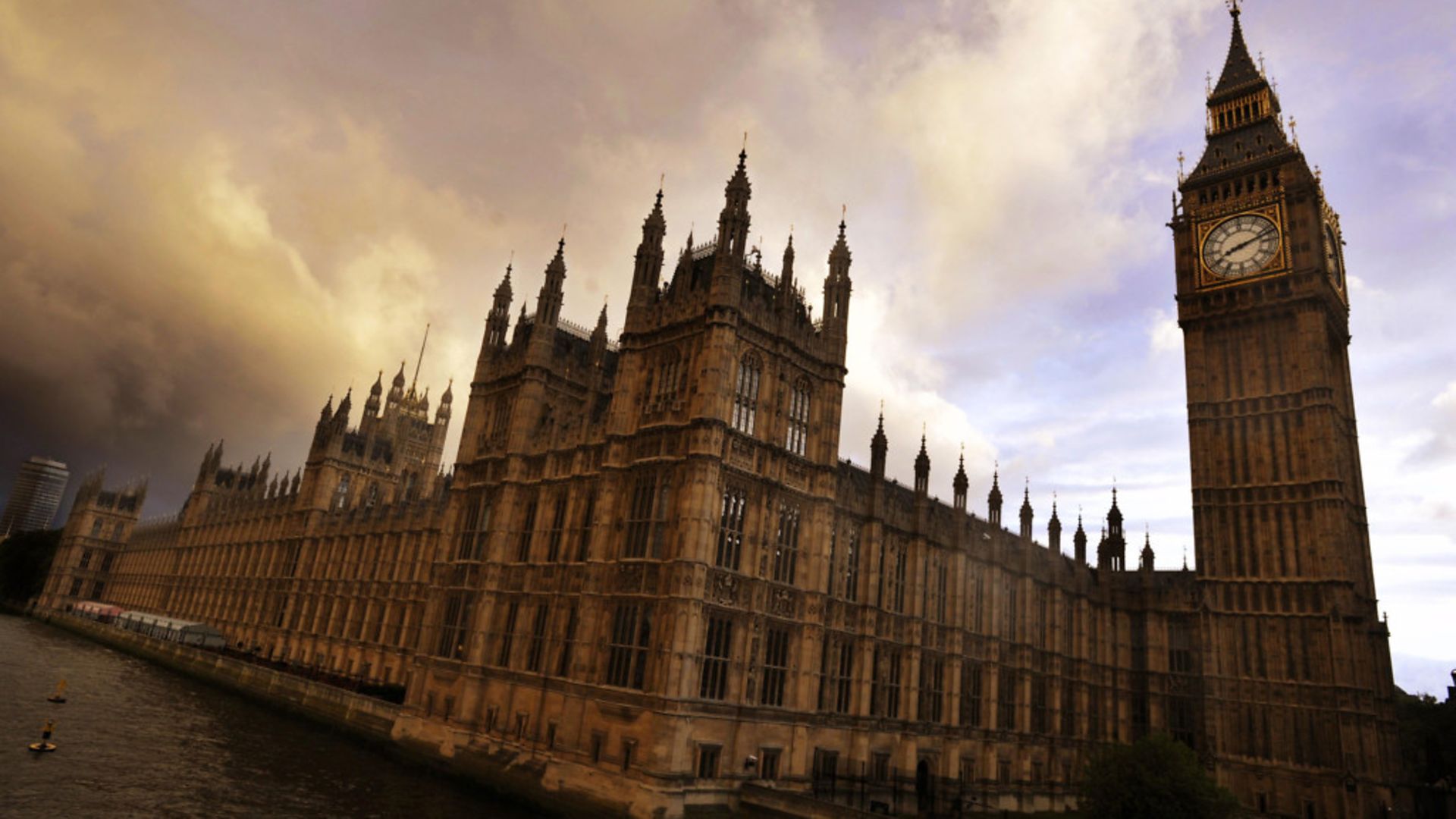
The government should not allow a British tech entrepreneur to be extradited to the US over fraud charges because the UK has “surrendered sovereignty” over its justice system for “too long”, former cabinet ministers have argued.
Electrical engineering expert Michael Lynch is facing fraud charges in the US where authorities claim he overstated the value of his software company Autonomy ahead of its sale to Hewlett-Packard (HP) in 2011.
Lynch’s extradition case is next listed for a hearing at Westminster Magistrates’ Court on February 8.
In a joint letter published in the newspaper on Tuesday, ex-ministers and former business leaders claimed Lynch could face “a decade in prison” if extradited and convicted.
The letter said: “The Serious Fraud Office considered the case involving Mike Lynch and decided there was nothing worthy of prosecution.
“The High Court picked over the issues for 10 months. The British legal system is quite capable of dealing with this. But our extradition treaty with the US can mean none of that matters.”
The letter warned that the treaty meant “any British businessman or woman who finds themselves at odds with a powerful US company could face the same fate”.
It added: “That means facing a system where prosecutors cut deals offering their own witnesses immunity, while those who want to testify for the defendant risk being dubbed ‘co-conspirators’ and prosecuted. This is not justice.”
Autonomy, which specialised in software to sort through large data sets, was sold for 11 billion dollars, but the sale resulted in heavy loses for US firm HP.
An extradition request for Lynch, who has a PhD in signal processing from the University of Cambridge, was submitted to British authorities in November 2019.
HP is seeking damages of 5 billion dollars (£3.7 billion) from Lynch in a civil case in London’s High Court.
He claims any loss was down to the tech giant’s mismanagement of the acquisition.
Signatories to the letter in The Times include four Conservative ex-cabinet ministers: former Brexit secretary David Davis, former international development secretary Andrew Mitchell, former minister for the Cabinet Office Lord Maude of Horsham, and former secretary of state for the environment Lord Deben.
Joining them is ex-Liberal Democrat MP Sir Vince Cable, who served as business secretary in the Conservative and Lib Dem coalition government, and Lord Hall of Birkenhead, former director-general of the BBC.
Veteran Labour MP Dame Margaret Hodge, former Barclays bank chairman Marcus Agius and Sir John Rose, former chief executive of Rolls-Royce, have also signed the letter.
The letter highlighted Boris Johnson’s criticism of the UK’s extradition treaty with the US.
It said: “The prime minister accepts the treaty is unbalanced. The foreign secretary has railed against it. Politicians on all sides want it changed.
“We’ve surrendered sovereignty over our own justice system for too long. The government cannot stand by as another Briton risks being delivered like this to the US justice system.”
Speaking to Times Radio on Tuesday morning, Davis said the UK’s extradition treaty with the US had “become used by the American Department of Justice almost as a way of extending the arm of American law”.
He added: “Everybody knows that there’s a real, real problem with the treaty.
“The trouble is, the question is, are we willing to take the Americans on and say, ‘look, this isn’t working properly, it’s very unfair’? People are extradited to the US who would not be extradited back to the UK.”
He highlighted the case of American Anne Sacoolas, who was charged with allegedly causing teenager Harry Dunn’s death by dangerous driving after a road crash outside a US military base in Northamptonshire in August 2019.
Sacoolas was able to return to her home country after the US government asserted diplomatic immunity on her behalf, with a Home Office extradition request later refused by the US State Department.
Davis claimed the extradition treaty was “completely unfair”, “leads to injustices” and in the future would “completely blight commercial relationships between the UK and the US”.









